
Many parents think that extroverted children are more outstanding, more pleasing and more likely to achieve success when they grow up.
What about introverted children? It is easy to be neglected, misunderstood and reprimanded.
Therefore, holding back from an early age becomes the pain in the hearts of introverted children.
Today, we invite our mother to stand at attention to tell us whether introverted children are really inferior to extroverted children.
Introverted is a label that adults like to stick on.
CCTV made a long-term documentary called “After Zero” which recorded the growth of children.
Starting from several kindergarten children in Beijing’s Paradise, the film, after ten years, puts educational hot issues such as personality and system, examination and quality, and adolescent parent-child conflicts in front of parents to show their children’s growth.
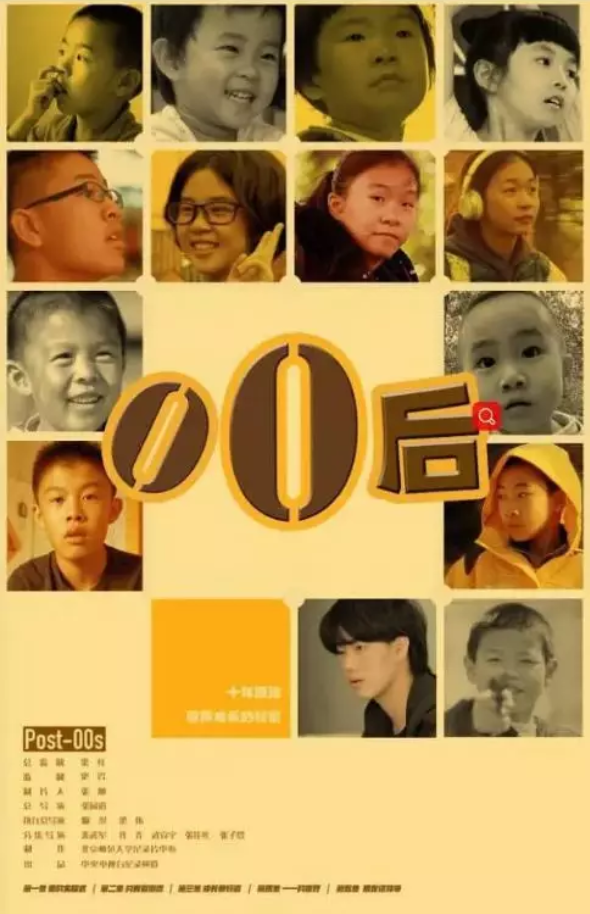
Among them, I feel most deeply that there is a child named Yiyi. She always likes to be alone, reading, eating, walking and playing with sand.
When the kindergarten teacher repeatedly guided her to make friends, three-year-old Xiao Yi said with her big eyes open-[everyone has his own choice.]
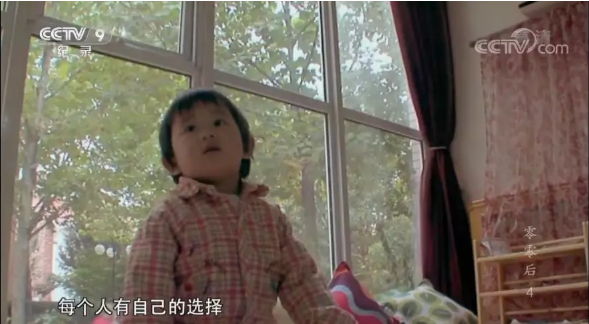
I can’t believe this sentence popped out of the mouth of a three-year-old child.
Kindergarten teachers all felt that this was an abnormal performance and began to try their best to [strengthen] their social skills one by one.
Therefore, every time we meet, we will deliberately ask: Why don’t you play with children? How come you don’t have friends? Would you like to play with such and such children? Why don’t you choose one of us as your friend? … …
One by one always answers calmly [I think it’s good to play alone.]
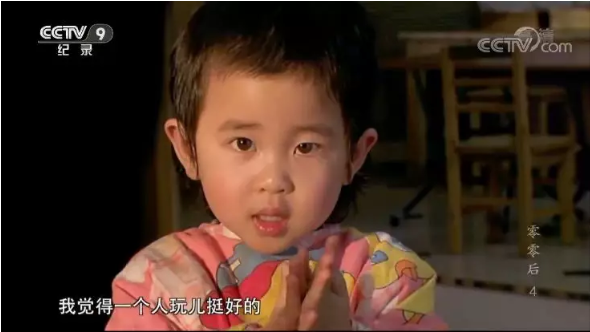
Later, everyone was worried, and the director couldn’t help asking one by one: “You always play with your mother, and her mother will be old. When her mother becomes an old lady, who will play with you?” ], forced to the psychological corner one by one finally couldn’t help crying.
The teachers’ relentless questioning and persecution gave the children a psychological hint that I was not good.
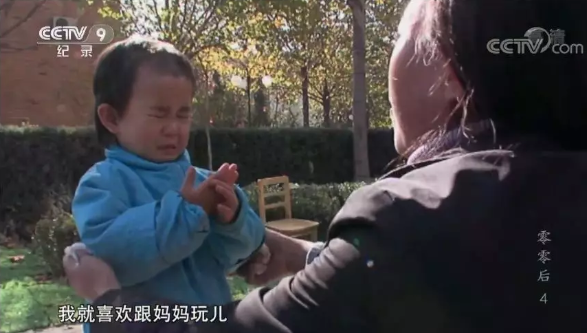
We often worry that our children are going astray, so we try our best to pull them up the [right path], but we often forget that what education needs is not hard work, but hard work.
Ten years later, one by one is no longer the solitary little one.
She said that she likes to make friends, but she still enjoys being alone. Because solitude is a kind of concentration, which allows her to do her own things quietly.
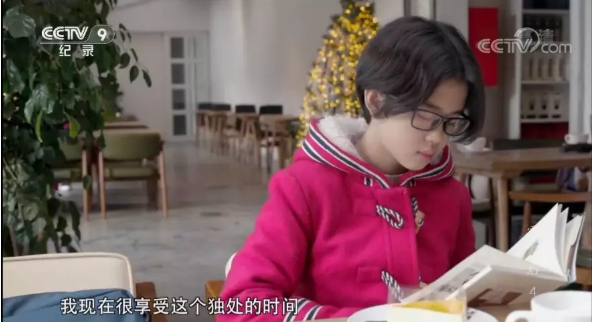
Looking back on the dialogue with the director of the garden in those days, the understanding and expression one by one were objective and in place-[(director of the garden) told me in a rational and adult way that you need friends because you are a person living in society, but I think a child is not enough to understand the logical relationship.]

Many netizens on Douban replied [saw their own shadow on one by one.]

Introversion is a label that adults love to put on children.
As she said in primary school-the cool breeze does not draw, the cool breeze blows randomly.
Introversion is a trait, not a shortcoming
Swiss psychologist Jung first proposed the concept of introversion in “Psychological Types”. He said:
Introverts will be attracted by the world of inner thinking and feelings, while extroverts will be attracted by external life such as people and activities.
Introverts focus on the meaning of the things around them they understand, while extroverts plunge into the things themselves.
Introverts recharge by being alone, while extroverts need to recharge when they are socially inadequate.
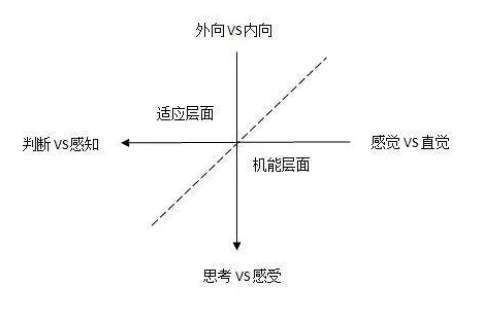
Introversion is a child’s character, not a child’s defect.
Jerome Kagan, an expert in developmental psychology, has tested 462 babies and conducted follow-up studies for more than ten years.
The results of the study were surprised to find that when a child is four months old, he can predict whether his character is introverted or extroverted.

Children who show curled-up hands and feet, extreme uneasiness and even crying at the age of four months usually tend to be shy and introverted when they are one to two years old. Even when they grow up to 18 years old, their character is still introverted.
This is the inherent neurochemical characteristic that makes children behave like that.

Children are introverted or extroverted. Although they will be affected by external factors the day after tomorrow, as Susan Kane said: “Later efforts can take us further, but we cannot go beyond the framework defined by genes.”
Introversion and extroversion are both innate personality characteristics, and there is no difference between them. Only the labels we attach to these personalities can determine the nature.
Introversion is never a disadvantage, it is a gift.
03 Introverted children have potential advantages.
Dr. Lanny, an authoritative introvert research expert, summed up the advantages of introverts:
- Have stronger concentration and observation ability; Have rich inner life and be happy to be alone. Love learning, think deeply, and be good at creative new thinking and artistic creation. Emotional intelligence is high, attitude is humble, will become a friend who understands listening; It is easy to form healthy habits.
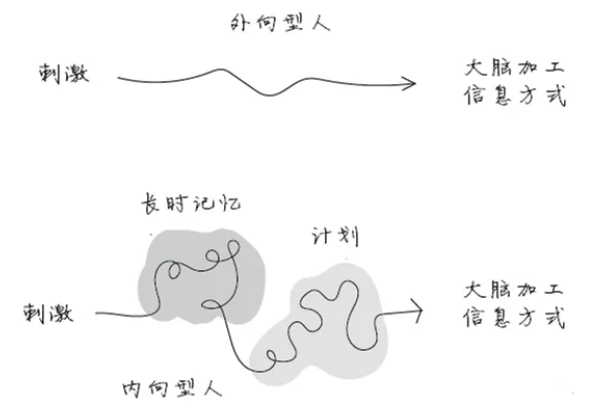
After 30 years of research on social talents, American scholar Linda Silverman found that the higher the IQ, the more obvious the tendency of introversion. Nearly 70% of successful people belong to introverts.
Jobs was adopted from an early age and was withdrawn and sensitive. It is precisely this character that makes him keenly capture the detailed needs of consumers and continuously innovate products. The era of smart phones came into being with the Internet and greatly changed the world.
Einstein learned to speak very late, but he summed up the secret of his success-not that I am very smart, I just get along with problems longer.
These [successful people] have the powerful power to be quiet and alone, sharpening their inner sensitivity into insight into the world and creating infinite value.
If a child with introverted temperament hears derogatory interpretations of introversion from an early age, the label of [introversion] will become a shackle that has been trapping his growth. All his energy is spent fighting with the word [introversion].
Therefore, the problem is not the introverted character of the child, but the parents do not give enough support and affirmation to the introverted character of the child.
Introverted children are a treasure, and parents’ methods are very important.

Every child has his own specific timetable for development. For children in their growing period, parents should not make a final conclusion on their abilities too early. They should respect their children’s development rhythm and learn some methods to establish their children’s self-identity.
1. Help children find their own rhythm,
Less reason, more understanding, listening, respecting and recognizing his feelings. You can also talk about temperament with your child, so that he can understand that introversion and extroversion are only personality traits, thus reducing self-criticism and negation.
2. Create social environments and opportunities
Do not force children to socialize enthusiastically, but create more opportunities for children to socialize, such as taking children to participate in group activities, asking children to play at home, etc., so that he can contact more people from an early age.
3. Give children an appropriate warm-up period,
Facing new friends and new environment, be sure to inform in advance so that children can be psychologically prepared. Don’t expect them to become friends with other children immediately, give him more time to get familiar with the surrounding environment and the things to be challenged.
4. Creating Psychology [Cold-resistant Zone]
Introverted children need to have a time and space to be alone, that is, a psychological cold-resistant area. Therefore, it provides him with a place to recover his energy, a family [gas station], and a relatively hidden private space.
5. Teach children to protect themselves and keep in touch with teachers.
Introverted children are more likely to encounter the problem of group marginalization. First, they should teach their children the ability to seek help and solve their own problems. Secondly, talk more about children’s character with teachers to obtain their understanding and help.
6. Increase outdoor activities and make them [move]
Take more children to exercise their muscles and bones to help them find sports that they like from the heart, so as to release themselves in sports.
Respect for each child as a unique individual is the best way to help children develop, as Einstein once said-
Everyone is a genius. But if you measure a fish’s ability by climbing trees, then the fish will live in shame all his life.
The author of this article is a mother standing at attention, a promoter of children’s reading in Library Society of China, and a lecturer of state-certified picture books.
